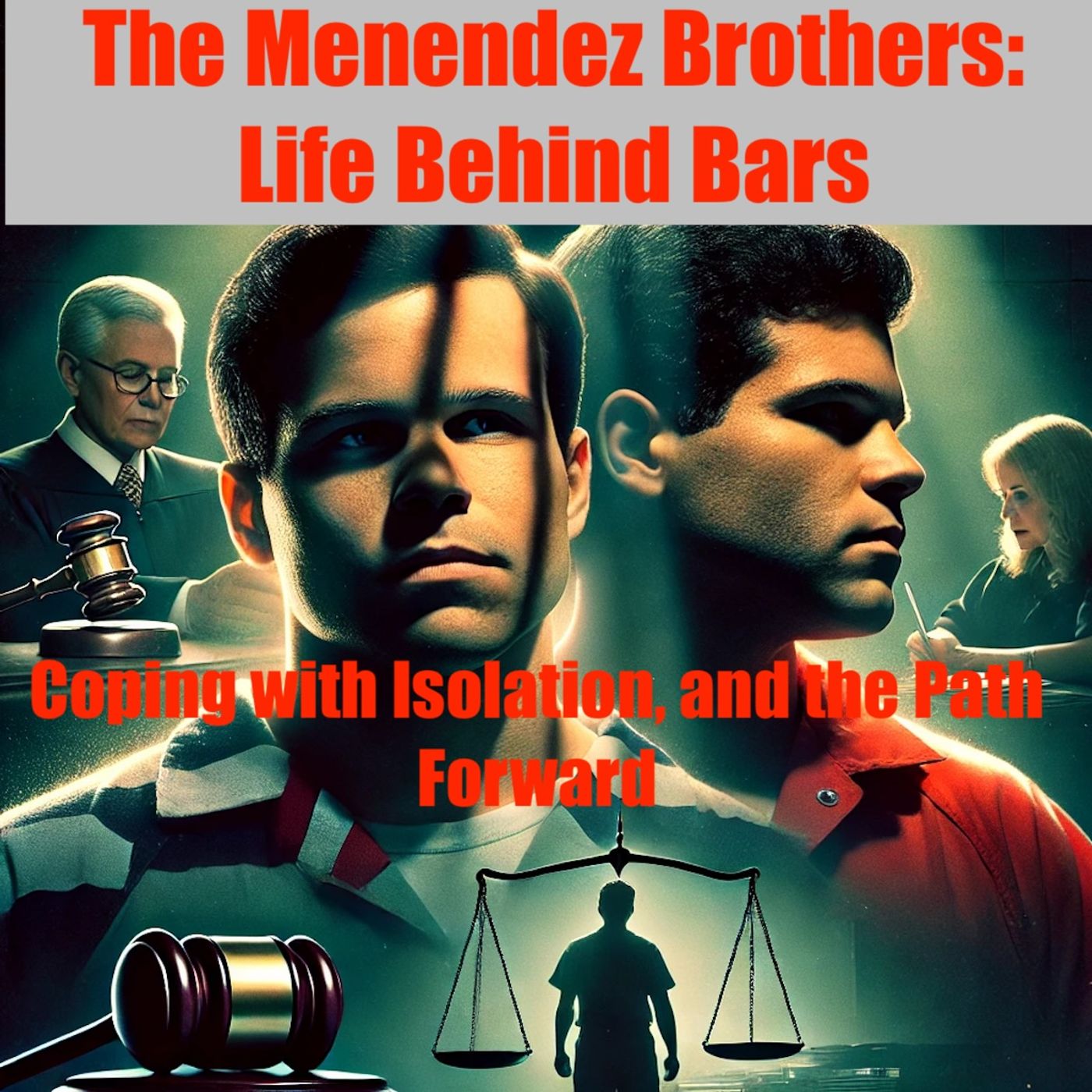The Menendez Brothers- Life Behind Bars, Coping with Isolation, and the Path Forward
Description
The Menendez Brothers: Life Behind Bars, Coping with Isolation, and the Path Forward For over 30 years, Lyle and Erik Menendez have been serving life sentences without the possibility of parole for the 1989 murders of their parents, José and Kitty Menendez. While their trials captivated the nation, leading to intense media coverage and public debates about wealth, privilege, and crime, the brothers’ lives behind bars have largely been out of the spotlight. This article delves into how the Menendez brothers have navigated prison life, their evolving psychological journeys, their relationships, and the ongoing legal challenges they face in their pursuit of release.
The Early Years in Prison: Separation, Isolation, and Emotional Challenges After their conviction in 1996, Lyle and Erik Menendez were sent to separate prisons. Lyle was incarcerated at Mule Creek State Prison in Ione, California, while Erik was sent to Pleasant Valley State Prison in Coalinga, California. The decision to separate the brothers was intended to prevent them from communicating with each other, and it added a layer of emotional isolation to an already traumatic experience. Their separation was a significant punishment, especially considering their close bond as brothers. During their early years in prison, both Erik and Lyle struggled with the psychological weight of being apart. Lyle, known for his outgoing personality, had a harder time adjusting to the rigid social hierarchy of the prison environment. His natural inclination was to form connections, and he eventually found ways to mentor younger prisoners, helping them adapt to the harsh realities of incarceration. However, being isolated from his brother took a heavy emotional toll on him. Erik, on the other hand, turned inward. The quieter and more introspective of the two, Erik spent his time reading, reflecting, and grappling with the weight of his actions. In interviews, Erik has spoken candidly about his emotional struggles during those early years, admitting to moments of deep depression and despair. He has shared how he once considered taking his own life due to the overwhelming feeling of hopelessness, knowing that he would spend the rest of his life behind bars. His self-reflection also centered on the abuse he and his brother alleged they suffered at the hands of their father, José Menendez, and how that trauma shaped their lives and decisions. The Harsh Realities of Prison Life: Navigating the Prison System While adapting to the prison environment, both Erik and Lyle faced the challenge of surviving within a highly structured and often dangerous system. Prison culture is notorious for its rigid hierarchies, and for two high-profile inmates like the Menendez brothers, standing out brought its own risks. Both brothers had to contend with the fact that many inmates and even some guards knew about their case, which made them targets at times. Lyle, being more social, was able to carve out a role for himself in the prison community. Over time, he became known for his ability to mentor and support younger inmates. His leadership in various self-help programs focused on personal development and rehabilitation earned him respect among inmates. In a world where violence often dictates relationships, Lyle's role as a mentor offered a sense of purpose and allowed him to find meaning in an otherwise bleak existence. Erik, in contrast, kept a lower profile. He focused on educating himself and participating in therapy programs designed to help inmates deal with past trauma. Erik’s focus on introspection and healing became central to his life behind bars. Over time, Erik has spoken about his regrets and his efforts to come to terms with the psychological trauma caused by the abuse he claimed to have suffered during his childhood. His involvement in therapy helped him process the long-term effects of that abuse, which he believes contributed to the actions that led to his imprisonment. Finding...
More Episodes
Published 09/24/24


